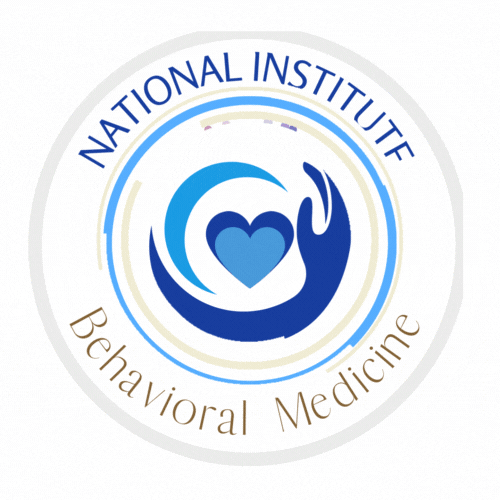National Institute of Behavioral Medicine
About Us
National Institute of Behavioral Medicine
NIBM supports the advancement of behavioral medicine for professional growth, academic success, and personal transformation. Our educational training and credentialing are available to help professionals who nurture the physical, psychological, emotional, social, intellectual, and spiritual well-being of individuals, families, and communities. These professionals include [but are not limited to] healthcare providers, mental health and social service practitioners, educators, and first responders.
Professional Development & Growth
Enhance Healing & Recovery
Emphasis on Health & Wellness
Trauma-Informed Focus

Our Mission
Our mission is to empower professionals and organizations by:
+ Improving the quality of care
+ Improving the qualify of education
+ Improving clinical and educational outcomes
+ Improving trauma-informed care and services
+ Building professional confidence
+ Fostering resilience and well-being
+ Creating healthy communities
+ Building a resilient workforce
+ Helping professionals channel their full potential
Our Values
NIBM focuses on seeing each individual as a whole person with the potential for growth, healing, health, well-being, and resilience to live a joyful, enriched life. We train professionals and organizations to provide a balanced view of helping the individual holistically while cultivating well-being to enhance functionality.
Our Core Beliefs
Trauma-Informed Care/Services
We believe to be an effective healer, helper, and educator, and your service must be based on trauma-sensitive principles for healing, recovery, and personal growth. These principles have evolved into a language and thought process incorporating trauma sensitivity, which has been applied in multiple organization settings with observable benefits.
Mind-Body Connection
Helping approaches should integrate the application of solutogenesis to assist individuals on a path toward recovery and health with optimized levels of functional well-being. This is why our approach incorporates the integrative disciples of behavioral medicine, including traditional cognitive (top-down) and button-up approaches to healing that focus on body awareness and regulation.
Resilience and Health are Cultivated
People have the resilient capacity to heal and recover. People also have the ability to go beyond recovery by optimizing their wellness and well-being. When individuals are supported in nurturing resilience and health, they are empowered with an inner healing potential.
Empowerment
Effective and practical approaches to helping people focus on supporting individuals to live the life they want to live. This requires professionals who empower people to cultivate resilience and health to move forward in the recovery, healing, and growth processes.
Our Core Beliefs
Holistic Approaches
Holistic approaches seek to address the physical, mental, emotional, social, and spiritual needs of helping people.
This holistic approach can be fostered with resilience, health, wellness, and well-being with a focus on psychoeducation, body awareness, self-regulation, and social regulation, which allow for a greater capacity to heal, recover, grow, and succeed in all areas of life.
Post-Traumatic Growth
Everyone has the ability to adapt and bounce back from adversity. But they also have the capacity to grow in a transformative way and become stronger than before. This means that effective approaches help people perceive every challenge in life as an opportunity for self-transformation and growth, which allows them to come out of a disaster or adversity stronger than before.
Holistic Approach to Well-Being
Professionals must holistically attend to the mind, body, and spirit of the individuals they are helping. Supporting individuals with building health, wellness, and resiliency involves improving physical, psychological, emotional, social, and spiritual well-being. Supporting individuals holistically enables them to regain a sense of wholeness and well-being.
Life-Long Journey
Sustaining recovery, health, wellness, and resiliency throughout life requires life-long practice. However, this process is not nonlinear, which means that people will experience occasional setbacks. However, setbacks or relapses are not signs of failure but are instead part of the process of growth and learning.
Forge a Culture of
Health and Wellness
Enhance your skills in behavioral medicine to forge a culture of health, wellness, and well-being to foster healing and recovery for individuals seeking your professional help.
